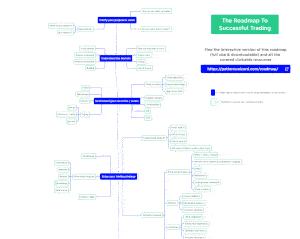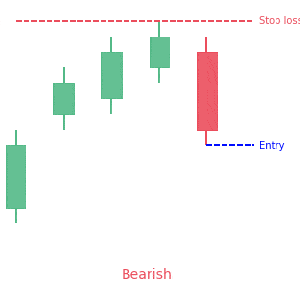Forced liquidation is a very important concept for margin traders. Yes, if you are a margin trader and fail to meet a margin call, you will have to face consequences. And that is the involuntary selling of assets in your portfolio.
Therefore, if you are a margin trader or are planning to start margin trading, then it is imperative to know about the risks associated with it. And forced liquidation is one of the major margin trading risks. That said, we are going to help you know all about it. We are going to define, explain the reasons, and state the impacts of forced liquidation in this article. So, read carefully.
Forced liquidation definition
Forced liquidation refers to a particular situation where a broker forces an investor to sell their assets. These assets are from the investor’s margin account after the account fails to meet margin account requirements, also known as a margin call, stated by the broker.
Explanation
Before understanding forced liquidation, it is important to understand what is margin balance, maintenance margin, and initial margin. Margin balance refers to the amount of money an investor owes to a broker. In fact, it is a credit that an investor has to pay to the broker with interest. On the other hand, maintenance margin refers to the minimum assets an investor must hold in the margin account. Whereas, initial margin refers to a percentage amount an investor has to cover with cash or collateral when using a margin account.
Now, let’s move on to try to understand forced liquidation in the simplest words. As you know, forced liquidation refers to the forced selling of assets in a margin account. But when does a broker take this action? A broker exercises forced liquidation when the margin balance of an account drops below the maintenance balance. However, there is another situation as well and that is when the margin balance drops below the initial margin. Now, let’s move to see what may happen to you in both situations.
When the margin balance drops below the initial margin
The first situation is when the margin balance drops below the initial margin. A broker may take the following actions when this situation occurs.
- Cancels all open orders resulting in an increase of the position and also rejects new orders resulting in an increase of the position.
- Only allows investors to place sell orders because sell orders result in decreasing position.
- Send a warning email to remind you of monitoring position, decrease position, or add more collateral.
When the margin balance drops below the maintenance margin
The second situation is when the margin balance drops below the maintenance margin. A broker may take the following actions when this situation occurs.
- Cancels all open orders
- Rejects all new orders
- Suspends withdrawal
- Progressively liquidates your position until the margin balance gets higher than the initial and maintenance margin.
- Also sends a confirmation email that states the progressive liquidation of the position.
Forced liquidation without notice
Typically, brokers give some time to investors to meet a margin call. They don’t take action immediately and allow investors to sell their assets on their own or add collateral to increase the margin balance. However, there are some extreme situations when brokers begin to sell the assets of an investor without any notice. For example, if there is fear of an imminent market crash, brokers may quickly liquidate securities to cover their investments.
The wrap-up
Forced liquidation is a crucial concept in margin trading. You need to understand all the risks associated with margin trading before starting it. Forced liquidation is among the most important risks associated with margin accounts. It refers to the forced selling of your securities or assets until the margin balance gets higher than the initial margin and maintenance margin. Why do brokers take this action? It is very simple. No one in this world bears loss because of someone else. Therefore, the broker liquidates assets of a margin account if investors fail to meet a margin call. Brokers always protect themselves from potential losses by liquidating the assets of investors.
 Good Trading requires the Best Charting Tool!
Good Trading requires the Best Charting Tool!

 We loved Marwood Research’s course “Candlestick Analysis For Professional Traders“. Do you want to follow a great video course and deep dive into 26 candlestick patterns (and compare their success rates)? Then make sure to check this course!
We loved Marwood Research’s course “Candlestick Analysis For Professional Traders“. Do you want to follow a great video course and deep dive into 26 candlestick patterns (and compare their success rates)? Then make sure to check this course!